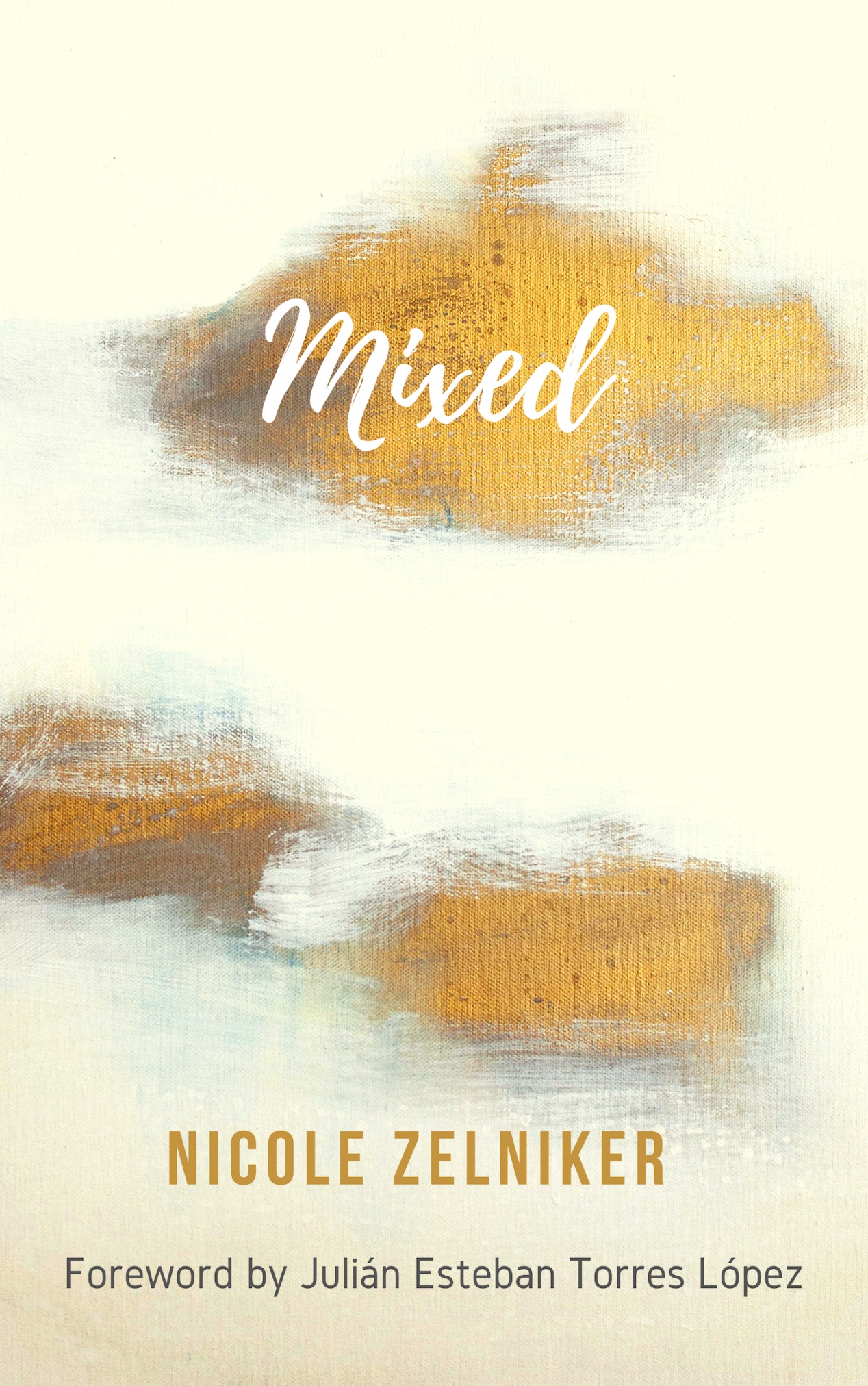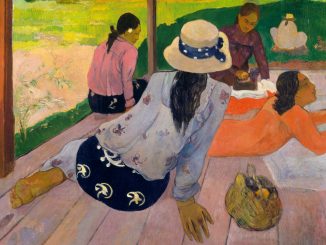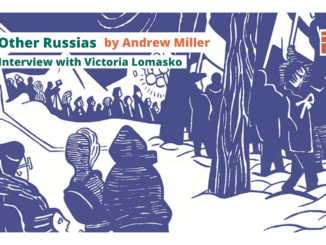
The Nasiona is happy to announce the first book we published under our Publishing House: Mixed, by Nicole Zelniker, with a foreword by our Editor-in-Chief, Julián Esteban Torres López.
Available in paperback and on Amazon Kindle.

Mixed, by Nicole Zelniker; foreword by Julián Esteban Torres López
The definition of families is widening, whether it's because of mixed-race relationships, interracial adoption, or numerous other factors. Today, it is important to hear from a growing population about race, their shifting identities, and what family means to them.
Journalist Nicole Zelniker takes us on personal journeys to help us glimpse into overlooked worlds so we can more fully grasp what it means to be mixed. Zelniker spoke to dozens of mixed-race families and individuals, as well as experts in the field—such as psychologist Cirleen DeBlaere and historians José Moya and Karl Jacoby—about their own experiences, with the hope to fill a gap in the very important conversation about race in the US today.
Advance Praise
“While race has no biological basis, in the US it is culturally real. Combining personal stories and research, Nicole Zelniker sensitively explores that reality as it relates to identity struggles in a variety of multi-race family structures. Mixed is a valuable resource for biological offspring of biracial couples; for adoptees from racial/ethnic traditions different from their adoptive parents; and for biracial couples, both gay and straight, considering parenthood. Teachers and relatives whose lives these families touch are sure to gain valuable insight as well.”
—Nancy Werking Poling, author of Before It Was Legal: A Black-White Marriage (1945-1987)
“At a time when US society is being ripped asunder by division, we are more inclined than ever to retreat to our tribes, where we believe we are more likely to find safety and understanding. But what happens when you belong to more than one tribe, when your identity doesn’t neatly slide into a particular slot? In Mixed, Nicole Zelniker deftly explores the fascinating conflicts and confusion that often course through the daily lives of people sitting on the bubble between two communities, two different worlds. These are existences that our society desperately needs to understand, to welcome, to celebrate—for this is the American future.”
—Nick Chiles, Pulitzer Prize-winning journalist and New York Times bestselling co-author of The Rejected Stone: Al Sharpton and the Path to American Leadership
“Mixed will be a tremendous resource for those trying to understand why race still matters in the 21st century US. The interviews offer depth and richness in expressing the lived experience of racially mixed families and their children in the age of Trump. Zelniker’s work exposes the myth of colorblindness that many white residents of the US still cling to, but must relinquish when they love someone of color. To love someone is to understand at least something about how they live, and Mixed presents in collage a portrait of mixed-race families and the confusion, frustration, love, and deep communication that exists in real relationships across the color line.”
—Lisa McLeod, Professor of Philosophy and co-lead of the Understanding Racism Workshop at Guilford College.
“There is always scope to learn more about what it means to be mixed. This book makes an important contribution to this burgeoning literature, with its insight and portrayals of the many different mixed experiences that have yet to come to light.”
—Miri Song, Professor of Sociology and author of Multiracial Parents: Mixed Families, Generational Change, and the Future of Race
“Through the stories of a deeply diverse array of people, we learn more than we could imagine about what it means to be multiracial. This beautifully-crafted book unites these stories so that we peel them back, layer after layer to find delight, shame, joy, confusion, acceptance, prejudice, pain, optimism, and so many more life experiences. Mixed is a necessary work that adds nuance to the national discourse about race in the United States.”
—Amina Chaudhri, author of Multiracial Identity in Children’s Literature: Reading Diversity in the Classroom
Book Excerpts
“I Guess I’m More Japanese Than You“
In this chapter from the book, Nicole Zelniker interviews Lynda Gomi, who is white, and Kazu Gomi, who is Japanese. They have lived in both the US and Japan and both believe that their cultures are a much bigger difference between them than the color of their skin.
“Jujubes Represent Sugar“
Jae Langton is just like the rest of his family, especially in his love of musicals. The biggest difference is that Jae is South Korean, while everyone else is white. Jae’s parents, Shelley and David, have walked the line for 13 years between celebrating Jae’s Korean culture and letting him know he is just like them.
About the Author
 NICOLE ZELNIKER is a graduate of the Columbia Journalism School and an editorial researcher with The Conversation US. Her work has appeared on The Pulitzer Prizes website and in USAToday and Yes! Weekly, among other places. A creative writer as well as a journalist, Nicole has had several pieces of poetry published including “Cracks in the Sidewalk” (Quail Bell Magazine) and “Surge” (The Greenleaf Review), as well as three short stories, “Last Dance” (The Hungry Chimera), “Dress Rehearsal” (littledeathlit), and “Lucky” (Fixional). Mixed is Zelniker’s first book.
NICOLE ZELNIKER is a graduate of the Columbia Journalism School and an editorial researcher with The Conversation US. Her work has appeared on The Pulitzer Prizes website and in USAToday and Yes! Weekly, among other places. A creative writer as well as a journalist, Nicole has had several pieces of poetry published including “Cracks in the Sidewalk” (Quail Bell Magazine) and “Surge” (The Greenleaf Review), as well as three short stories, “Last Dance” (The Hungry Chimera), “Dress Rehearsal” (littledeathlit), and “Lucky” (Fixional). Mixed is Zelniker’s first book.
Follower her on Twitter and Instagram.
Featured image: Mixed book cover art by Joanna Staniszewski, entitled “Variable III.”


